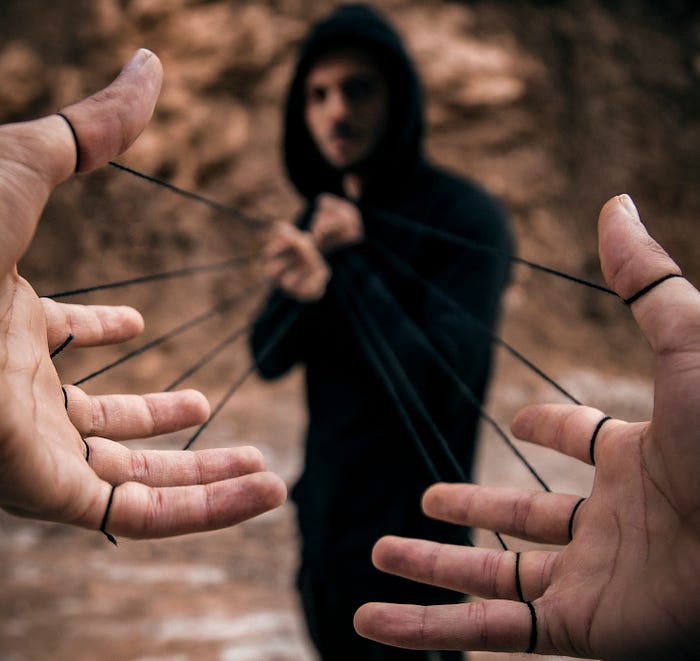Cultivating Inner Strength: Overcoming Weakness and Hurt
Written on
Chapter 1: Understanding Your Sensitivity
When the remarks of others can sway your emotions, it’s a sign of vulnerability. A resilient individual recognizes that the power to be affected lies within themselves. Mental suffering often begins in the mind; even physical pain is interpreted by our mental state. In this discussion, we focus on emotional pain rather than physical discomfort. Our objective is to foster a robust mindset that can disregard negativity.
How Often Do You Reflect on Yourself?
How do we cultivate mental strength? Think of it like building muscle; the first step is acquiring knowledge. Similarly, we need to comprehend how our minds operate. Understanding the nature of our thoughts is essential for developing resilience.
So, how can we gain insight into our minds? Consider how you understand others: by spending time with them. Apply the same principle to yourself. Take moments to reflect and observe your thoughts. What drives them? What pleasures does your mind pursue, even if they result in negative feelings? By dedicating time to introspection, you will start to uncover the workings of your mind.
Practice Mental Stubbornness
It's crucial to focus on internal battles rather than external circumstances, like people or the weather. Your primary challenge is to master your mind. Confront irrational emotions like anger or frustration over trivial issues. The true warrior is one who can control their thoughts.
A practical exercise is to intentionally choose the harder path. For instance, if your mind suggests indulging in candy, opt for an apple instead. When thoughts of victimhood arise, stand firm and reject that mindset. Strength is cultivated through persistent choices that prioritize what’s right over what’s easy.
Weakness Is Not Attractive
Many individuals gravitate towards a victim mentality, seeking sympathy when they’re in distress. However, this approach is futile and a drain on your energy. No one wishes to navigate treacherous waters with a fragile vessel. Everyone seeks strength, and no one wishes to be associated with insecurity.
Quick tip: Even if you feel vulnerable, act as if you are strong. This façade will help you develop genuine strength over time. Embracing weakness will lead you nowhere. It's time to stop playing the victim and face challenges head-on.
In Conclusion
While others may say hurtful things about us, our reactions are entirely within our control. An automatic response of hurt or retaliation signals weakness. By allowing others to dictate our emotions, we surrender our power.
Instead, focus on building strength by confronting difficulties directly. Engage in challenging tasks and abandon the victim mentality. It is through these struggles that true resilience is forged. Stay strong and persistent. Fight for justice, and dismiss all notions of weakness.

Chapter 2: Embracing Strength in Adversity
In the video "Is Being Sensitive a Weakness?", we explore the concept of sensitivity and its implications on personal strength. This discussion sheds light on how embracing sensitivity can empower rather than diminish us.
In "Let Go Of People Who Hurt You And Make You Weak" - Gary Vaynerchuk Motivation, Gary shares insights on releasing toxic relationships and fostering mental fortitude. This motivational piece emphasizes the importance of surrounding yourself with positivity to build resilience.